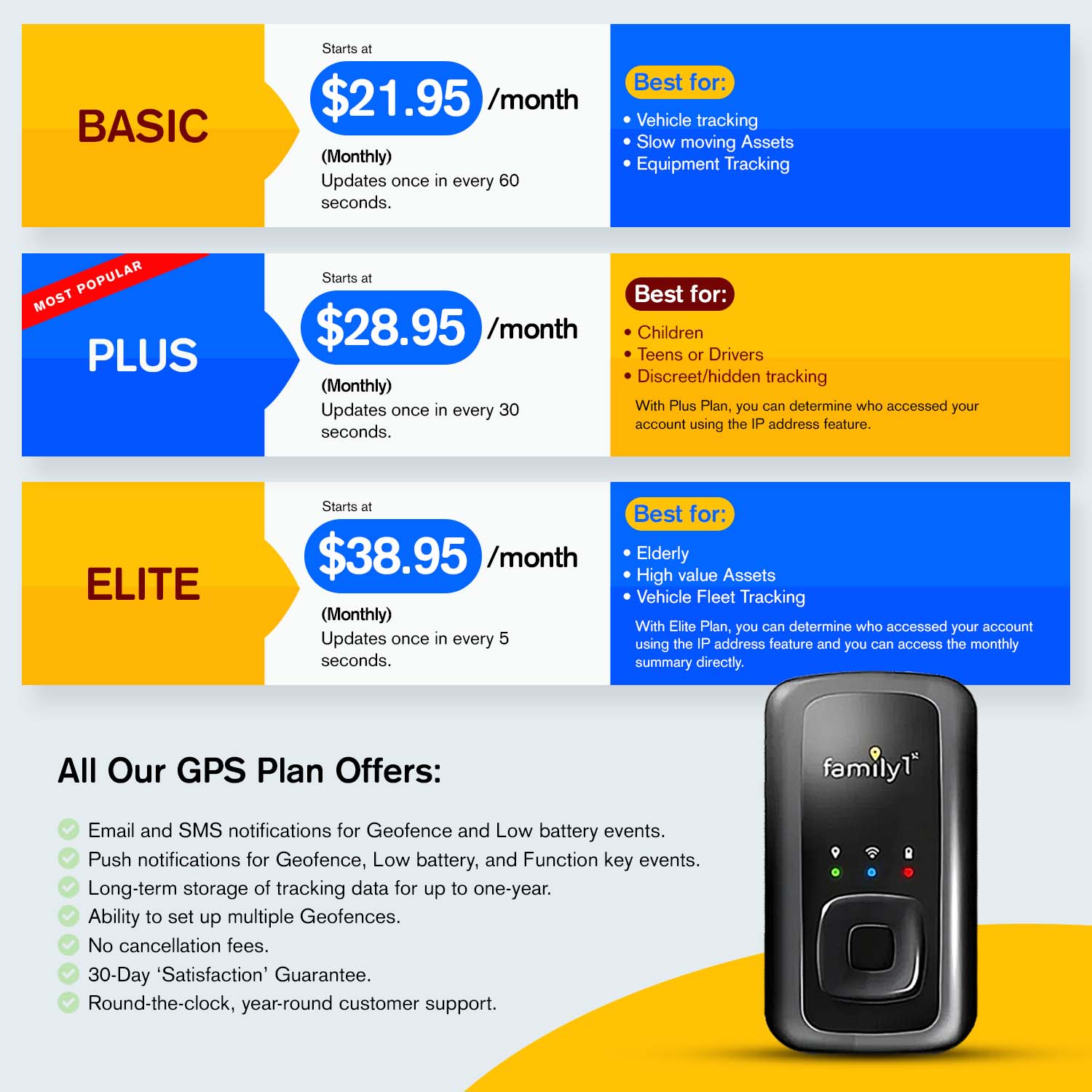Passive GPS tracking stores trip data for later review, making it effective for mileage logs and compliance reporting. Active GPS tracking, on the other hand, delivers real-time updates that ensure live visibility for fleets, assets, and personal safety.
The difference between the two lies in data transmission, connectivity, accessibility, use cases, and costs. Choosing the right tracker depends on whether historical insights or instant monitoring create more value for the user.
What Is Passive GPS Tracking?
Passive GPS tracking is a system that records location, speed, and route data without sending it in real time. The information stores directly on the device, and users can later download it for review and analysis.
This type of tracking works well for mileage reporting, trip history, or compliance purposes. It provides detailed insights into past movements, making it valuable for businesses and individuals who prioritize records over live updates.
What Are The Key Features Of Passive GPS Trackers?
-
Data storage: Saves location, speed, and route information directly on the device.
-
Offline tracking: Works without a cellular or internet connection.
-
Trip history: Provides complete travel logs for later review and analysis.
-
Cost efficiency: Requires no recurring subscription or data charges.
-
Reliability: Continues recording even in areas with poor network coverage.
When To Use Passive GPS Tracking Devices?
Mileage Reimbursement Needs
Employees and businesses use passive GPS trackers to maintain accurate mileage records. The stored data creates reliable logs that make reimbursement simple and transparent.
Compliance Requirements
Regulated industries rely on passive devices to capture driving hours and route histories. The recorded information ensures businesses meet legal standards without depending on live tracking.
Trip Performance Review
Managers and drivers use passive GPS data to study routes, stops, and travel efficiency. Reviewing this history helps identify patterns and improve overall performance.
Budget-Friendly Tracking
Cost-conscious users choose passive devices because they avoid ongoing subscription fees. A one-time purchase delivers tracking benefits without adding extra expenses each month.
What Are The Benefits And Challenges In Passive Tracking?
|
Benefits |
Challenges |
|
Lower cost with no monthly fees |
No real-time location updates |
|
Works without cellular connectivity |
Manual data retrieval is required |
|
Provides detailed trip history |
Limited storage capacity on the device |
|
Easy to install and operate |
No instant response during incidents |
What Is Active GPS Tracking?
Active GPS tracking is a system that sends location, speed, and route data in real time through cellular or satellite networks. The information becomes instantly accessible on computers, dashboards, or mobile apps.
This type of tracking is designed for live monitoring and quick decision-making. It supports alerts, notifications, and two-way communication that improve safety and control.
What Are The Key Features Of Active GPS Trackers?
-
Real-time updates: Sends location and movement data instantly.
-
Geofencing capability: Triggers alerts when a vehicle or asset crosses defined boundaries.
-
Two-way communication: Enables commands or SOS signals between user and device.
-
Remote access: Provides live tracking from any connected device.
-
Continuous monitoring: Keeps operations visible around the clock.
When To Use Active GPS Tracking Devices?
Fleet Management
Logistics companies depend on active trackers to monitor vehicle positions in real time. This visibility helps reduce delays and optimize delivery routes.
Theft Prevention
Owners install active GPS devices to track vehicles or assets if stolen. Real-time updates increase the chances of fast recovery.
Personal Safety
Families and organizations use active trackers to monitor children, elderly, or lone workers. The SOS feature and live updates ensure quick response during emergencies.
Time-Sensitive Operations
Industries with urgent deliveries or critical services benefit from active tracking. Instant location data allows managers to make faster operational decisions.
What Are The Benefits And Challenges In Active Tracking?
|
Benefits |
Challenges |
|
Real-time monitoring of vehicles/assets |
Higher cost due to subscription fees |
|
Geofencing alerts improve security |
Network signal issues reduce reliability |
|
Enables quick response in emergencies |
Battery drains faster with live updates |
|
Increases efficiency with route control |
Raises privacy and data security risks |
Passive vs Active GPS Tracking: The Core Differences
Data Transmission
Passive GPS tracking records information on the device for later download. Active GPS tracking transmits location and movement data instantly through networks.
Connectivity
Passive devices function without relying on cellular or satellite signals. Active devices need constant connectivity to deliver live updates.
Accessibility
Passive tracking requires manual retrieval to view stored information. Active tracking gives immediate access through apps, dashboards, or web platforms.
Use Cases
Passive devices fit mileage reporting, compliance logs, and trip analysis. Active devices serve real-time needs such as fleet monitoring, theft prevention, and safety alerts.
Cost
Passive GPS tracking involves a one-time hardware expense with no recurring fees. Active GPS tracking includes ongoing service or subscription charges in addition to device cost.
Get GPSTracker247 Portable Tracker For All Your Needs
GPSTracker247 Portable Tracker combines compact design with powerful tracking capabilities. Its lightweight build makes it easy to carry in a pocket, bag, or vehicle without adding any extra bulk.
This device delivers real-time location updates with pinpoint accuracy, supported by reliable 4G LTE connectivity. The 14-day battery life ensures long-lasting performance, reducing the need for constant recharging.
With geofence alerts, detailed tracking history, and a weather-resistant build, the tracker adapts to both personal and business needs. Parents, caregivers, and businesses can rely on it for safety, security, and complete peace of mind.





